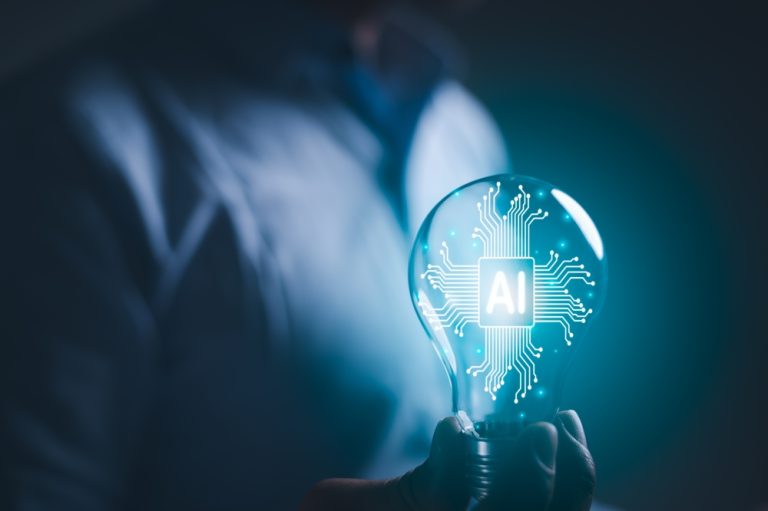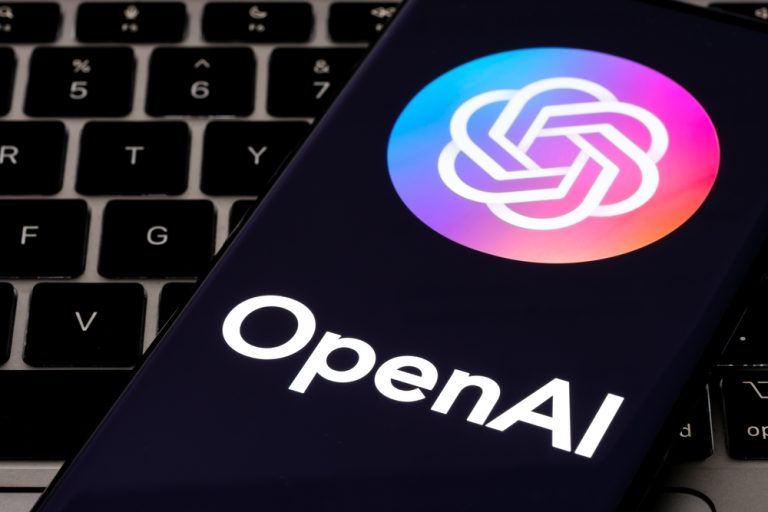The digital age has ushered in numerous advancements, but with these strides come new challenges, particularly in Artificial Intelligence (AI). My recent experience serves as a stark illustration of this dilemma. It began with a startling alert from my social circle about a concerning post on social media. A screenshot, allegedly from Elon Musk’s chatbot Grok, placed me on a dubious list of prominent disinformation spreaders on Twitter. As a journalist, such a claim was both alarming and professionally damaging. This incident propelled me into the complex world of AI regulation and the quest for redress in an era where machines can inadvertently defame.
The shock came unannounced, as I was accused of spreading disinformation, a claim seemingly endorsed by a renowned AI chatbot. This juxtaposition of my journalistic integrity against AI-generated content was unsettling and reflective of the broader issues surrounding AI and its regulation.
In the UK, where I’m based, there needs to be more specific AI regulation, a gap that leaves many in a quandary. The government suggests incorporating AI issues within the purview of existing regulatory bodies, but this approach needs to be revised for the rapidly evolving AI landscape. My efforts to seek clarification and redress led me to various authorities, including the Information Commissioner’s Office and Ofcom. Yet, their responses could have been more helpful, highlighting the legal complexities and the infancy of legal precedents in AI-related matters.
Globally, there are examples of legal action against AI-generated misinformation. In the US, radio presenter Mark Walters is suing OpenAI over false claims made by ChatGPT, and a similar case occurred in Australia involving a mayor wrongfully accused of bribery by the same chatbot. These instances underscore the global nature of the challenge and the need for an international discourse on AI regulation.
My journey to correct the false narrative involved consulting legal experts in AI. Their insights revealed the uncharted legal territory we are navigating in England and Wales regarding AI and defamation. The burden of proof rests heavily on the accused, making it daunting to clear one’s name.
This ordeal has been a revelation, shedding light on the intricate and often frustrating journey to challenge AI-generated content. The evolving role of AI in our lives poses significant challenges, particularly in the realm of misinformation. While technology companies often caution that AI outputs might not be reliable, the real-world consequences of such disinformation can be profound. The pressing need for effective AI regulation is clear, focusing on ensuring that individuals have a straightforward means to contest and correct AI-generated claims. As we advance into this new era, the balance between technological innovation and protecting individual rights remains a critical and unresolved quest.
























+ There are no comments
Add yours